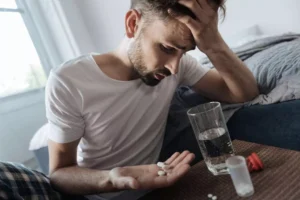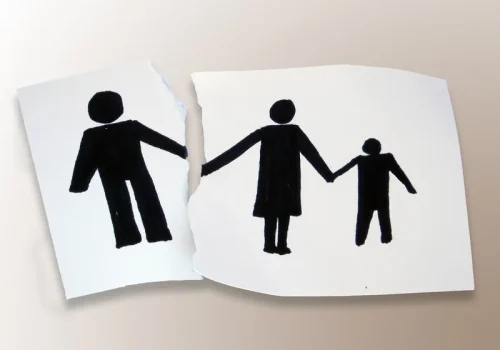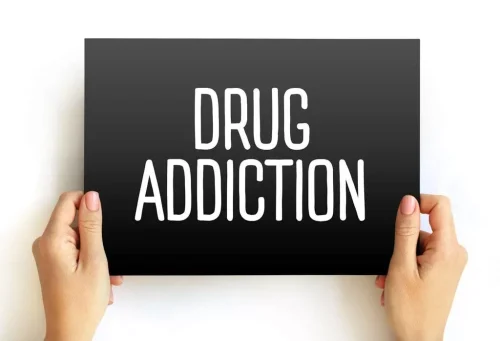
The following three PDF downloads are lists of ideas/questions for groups. It is important to understand that group therapy can only be delivered by a licensed, trained, professional therapist. If you feel that any of our content is inaccurate, out-of-date, or otherwise questionable, please contact at
Questions About Treatment?
- Have group members end the session by going around the room and sharing a take-home affirmation they learned or recognized during the meeting.
- It is estimated that approximately 40 to 60 percent of individuals experience relapse during their recovery journey.
- In this post, I highlight 58 Substance Abuse Group Therapy Activities for Recovery that you can use with your clients.
- Journaling is about getting in touch with your experiences through writing, while expressive writing is about processing emotions.
- These outdoor group counseling activities provide a refreshing change of scenery from the traditional therapy room.
This activity forces interaction between members, which can help decrease feelings of loneliness and isolation. Members of the group will get two to five commands that they must perform as a pair. The last command is always “person to person” and everyone, including the person giving the commands, will have to scramble to find a new partner. Members write down as many goals as they would like and pass the ideas around.

Positive Affirmations And Compassion Box
They provide a safe environment in which members can practice newfound interpersonal skills and behaviors. Process groups are mostly unstructured with no singular topic of discussion. Theme groups are focused on support and finding commonalities between members.
Guided Body Scan
Navigating the teenage years can be a roller coaster ride, filled with ups, downs, twists, and turns. As a mental health advocate, I’ve seen how group therapy can provide a safe space for teens to express their feelings, share their experiences, and support each other. Resilience is the ability to bounce back from adversity, and it’s a vital trait for those in recovery. Group therapy topics related to resilience can encompass stress management, emotional regulation, and self-care strategies.

These activities promote physical health and enhance mental well-being. Improved communication and emotional growth contribute to positive treatment outcomes, reducing the risk of relapse and fostering a stronger support system. Moreover, they can aid in addressing co-occurring disorders, or mental disorders that occur along with addiction, providing participants with valuable coping addiction group activities strategies. Engaging as a group in the following activities can help people facing addiction focus on their mental health and well-being and grow connections with peers who share similar struggles. After struggling with my own mental health issues as a teen, I decided to dedicate my life to helping others deal with mental health challenges and maximizing their potential.
- It is always important for group members to discuss any current issues and get advice and support from other members of the group.
- Therapists can then help members understand the relationship between situations and emotions and how clients can better cope with those emotions in the future.
- A therapist works with the clients to identify how their negative thoughts affect emotions and behaviors.
- Group therapy sessions focusing on understanding addiction help individuals understand the science behind their condition.
According to the National Institutes of Health (NIH), taking time to express gratitude can boost your emotional wellness and help with stress management. To encourage helpful discussions, some recovery groups toss around question balls. In addition, they help new members view the group as an open, supportive environment. Do something creative and have the group come up with a piece of artwork collaboratively.
If, on the other hand, one or several clients seem disengaged or unmotivated, consider asking why, privately or in the group, whichever is clinically appropriate. Click here for a helpful article from Counseling Today that addresses the concept of client resistance. Anticipating challenges https://ecosoberhouse.com/ is the first step to effectively preventing and managing them. Ideas include going bowling, having a potluck, Starbucks run, game group, escape room, nature walk, etc. It can be easy to fall into a rut, especially if you’re burnout or working with a particularly challenging group.

Best CBT Group Activities Essential For SUD Treatment

